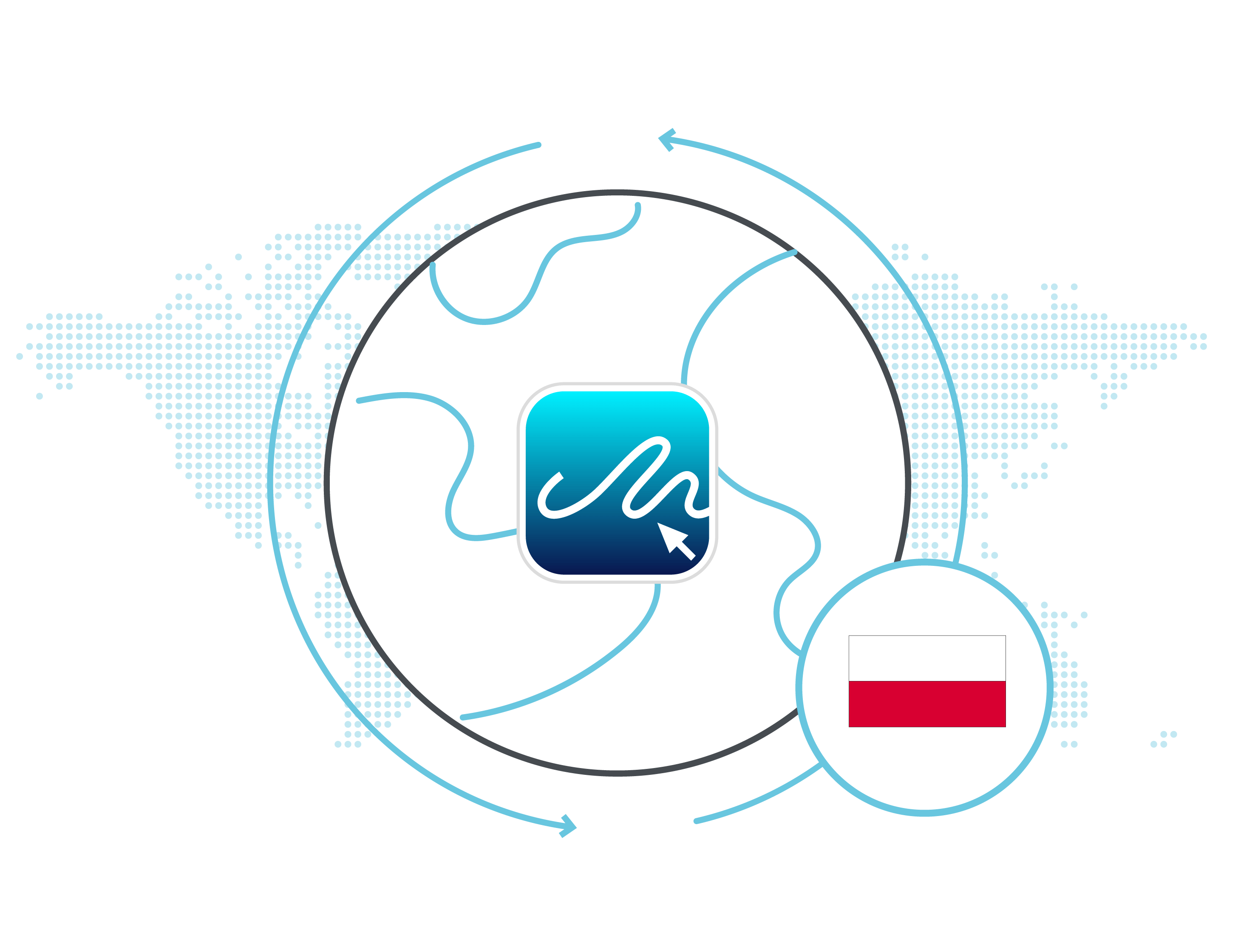The Legality of eSignatures in Poland
Explore the legality of electronic signatures in Poland and the laws and regulations that govern their use.

Trusted By
Are eSignatures Legally Binding in Poland?
Documents that can be signed electronically
In Poland, simple electronic signatures (SES) are accepted for various types of transactions, including:
- Residential and commercial lease agreements
- Commercial agreements between corporate entities, such as non-disclosure agreements, invoices, order acknowledgements, purchase orders, and other procurement documents
- Copyright licenses, including software licensing agreements
- Consumer agreements, such as sales terms, new retail account opening documents, service terms, and purchase orders
However, certain transactions mandate the use of a qualified electronic signature (QES), such as:
- Specific HR documents governed by civil law
- Licenses for industrial property rights
- Declarations of will that legally require a written form
- Transfers of industrial property rights
Documents that may not be electronically signed
There are specific scenarios in Poland where handwritten signatures are explicitly required, or formal procedures incompatible with electronic signatures must be followed. These include:
- Real property transactions
- Corporate shareholder resolutions
- HR documents, such as employment contracts, benefits paperwork, and termination notices
- Decisions issued by government administration
- Articles of incorporation for certain types of entities
- Transfer of shares or the transfer or lease of an enterprise
Types of e-signature permitted in Poland
The eIDAS regulation defines an electronic signature as data in electronic form which is attached or logically associated with other data in electronic form and which is used by the signatory to sign. It distinguishes between three types of e-signature, simple, advanced, and qualified.
- Simple – the most basic form of e-signature that can be in the form of typing your name at the bottom of an email or checking an approval box. There are no specific security or identity verification requirements for a simple e-signature.
- Advanced – this type of signature is uniquely linked to the signer, can accurately identify the signer, is created using data that the signer can be confident is under their sole control and is linked to the data in a way that detects any subsequent changes that are made. Advanced electronic signatures are more secure than simple signatures and are legally binding in most use cases.
- Qualified – this type of signature is similar to advanced but has additional requirements providers must adhere to. They must be certified based on public keys that have been issued using proper technological means. This means that the identity verification process is multi-step, using both encrypted keys and two-factor authentication.
In addition to eIDAS, Poland has the Act of 5 September 2016 on Trust and Electronic Identification Services, which contains general provisions on trust services in Poland. The Act amended several Polish acts to ensure their compliance with eIDAS.
Notable legality changes since 2020
None.
Publicly Accessible Links to Laws/Regulations Discussed
Disclaimer
The content provided on this website is meant for general informational use only and does not constitute legal advice. Legal regulations on this topic can evolve rapidly, so E-Sign does not ensure that the information presented here is always up-to-date or accurate. If you have particular legal concerns regarding any details on this site, it is recommended that you consult with a licensed attorney in your jurisdiction.
Last Updated 9th October 2024




























